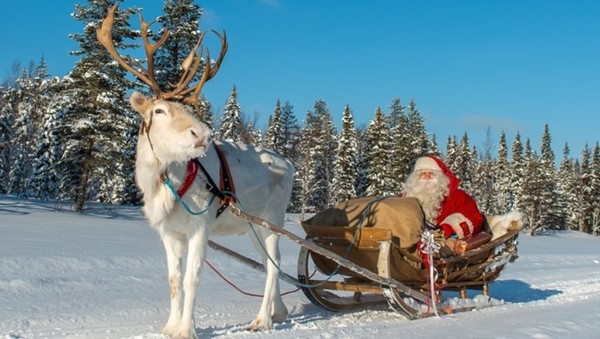
First, the speed at which Rudolph needs to run to deliver all the gifts is too demanding for Rudolph. Rudolph has to visit every child’s house over the entire Earth within 24 hours to deliver presents for around 2 billion children. When you calculate the speed Rudolph needs to run to deliver all the presents, Rudolph has to run 200 times faster than a passenger plane that flies at 1,000 kilometers per hour.[1] Running at such speeds continuously for 24 hours would be extremely physically taxing for Rudolph.
Second, the current labor Rudolph performs violates animal protection law. The labor intensity imposed on Rudolph corresponds to the definition of animal cruelty outlined in various laws. In the context of Korea's Animal Protection Act Article 3, it specifies the need to "allow animals to live normally" and "to ensure that animals do not experience discomfort". Rudolph's non-stop flight across the skies for 24 hours and the requirement to speed faster than 64-80 kilometers per hour for a ground-dwelling animal like Rudolph goes against these rights.
Third, Rudolph's labor burden can be alleviated through advanced transportation technology. Rudolph can pull a maximum weight of around 120 kilograms. Even if we prepare just 1 kilogram of gifts per child, Rudolph has to pull over 2,000 tons of gifts, which is physically overwhelming. To reduce the labor intensity, they could leverage the existing global transportation systems that are already in each area. With the globalization of logistics, worldwide transportation networks are efficiently established. Therefore, by preparing and packaging the gifts in advance and delivering them to their respective regions, we can collect and distribute them on Christmas day.
[1] Assuming a distance of 5 meters between houses and two children per household, this would result in a total distance of 5 meters × 1 billion households, which is 5 billion meters or 5 million kilometers. To cover this distance on Christmas Eve, which has 24 hours, Rudolph's sleigh would need to travel at a speed of over 200,000 kilometers per hour, which, when converted to meters per second, is approximately 58 kilometers per second.

